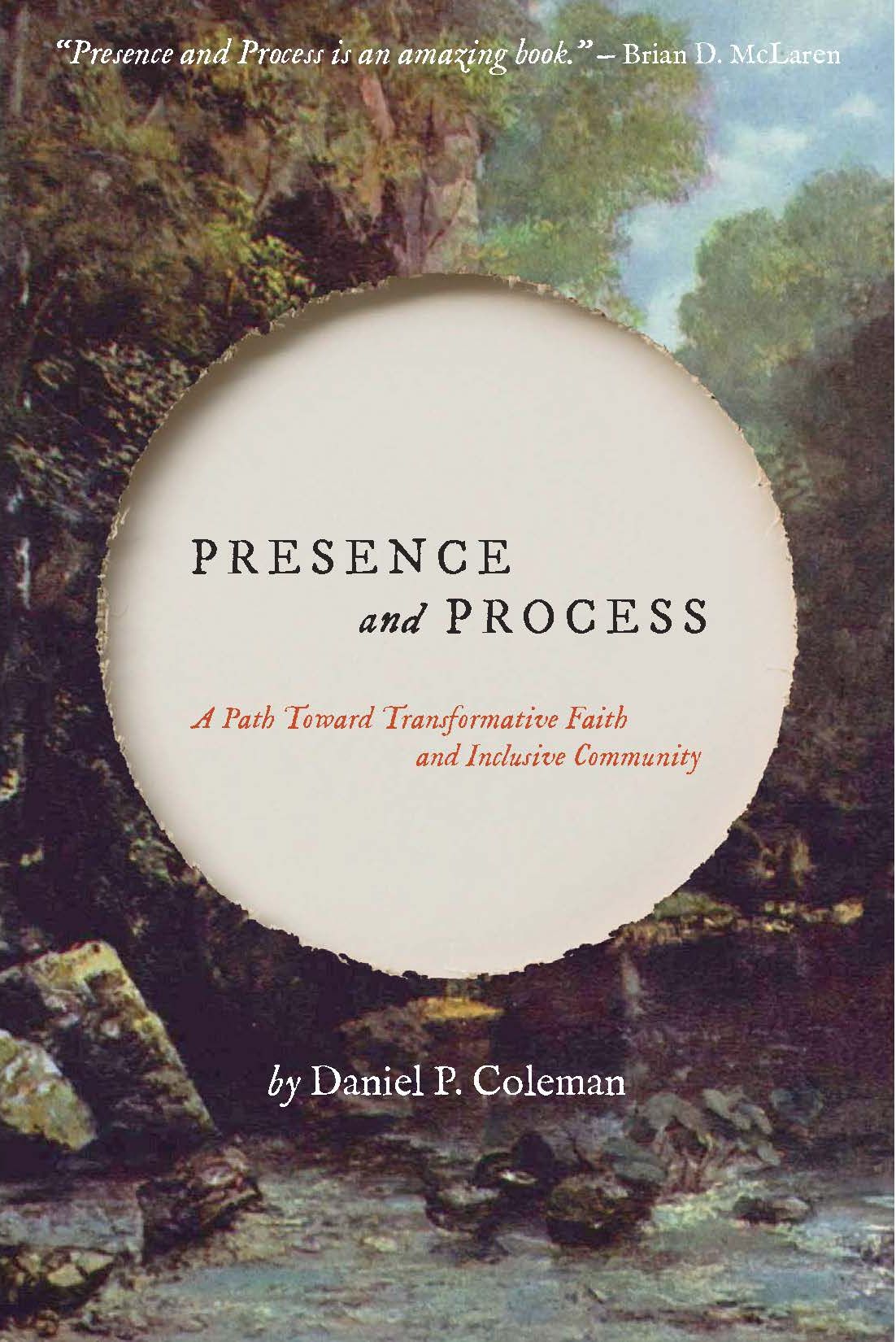Presence and Process

While the Christian church in 21st century North America is experiencing decline, interest in Buddhist-derived Mindfulness meditation is on the rise. Yet Christianity also has a rich meditative/contemplative tradition.
This book is an exploration of meditative/contemplative practices in both Christian and Buddhist contexts, emphasizing their areas of affinity. Common characteristics and effects of meditative/contemplative practices are defined.
The history of Buddhism in North America is given overview, as are key historical figures in the development of Christian contemplative spirituality. Contemporary Buddhist, Christian and Buddhist-Christian hybrid contemplative/meditative practices are surveyed. Points of nexus between both Christian and Buddhist contemplation/meditation and Process Theology are considered.
It is suggested that Panentheism and Process Spirituality can provide a coherent metaphysical foundation for contemplative/meditative practice. A possibility is considered of how Quakers might benefit from adopting personal meditation practice in addition to their corporate practice of unprogrammed meeting for worship. An alternative form of Christian worshiping community is speculated, which is built around shared meditative practice.
Reviews
“Presence and Process is an excellent book for anyone who desires a more mystical and possibly a more intelligent approach to modern Christianity. Looking carefully at some of the early and more modern Christian contemplatives, several Buddhist meditations, and finally process theology, Coleman weaves a truly new approach to modern Christianity.
……………..The adoption of Buddhist-based meditation practices, and/or Christian
……………..contemplation practices, augmented by the metaphysics of process theology,
……………..can form a holistic approach for twenty-first Christianity to regain its
……………..transformative power within individuals and congregations, including the
……………..Christian sect (the Religious Society of friends) that I belong to. (pg. 25)
This powerful book provides a chance to learn more about Buddhism and process theology while also giving the reader a viewpoint of what it means to be a Christian in the 21st century. Once you get into the book you will become more comfortable with the numerous quotes Coleman uses to make his case. ” – Fred C. Plumer, President, ProgressiveChristianity.org
“In Presence and Process, Daniel Coleman has created a unique and useful synthesis—showing how a convergence of perennialism, process theology, and mysticism (Christian, Buddhist, and Quaker) could have a profound role in fostering spiritual formation in this postmodern, post-Christendom age. This is a pioneering work of practical theology.” – Richard Rohr, author of Falling Upward: A Spirituality for the Two Halves of Life
“Presence and Process is an amazing book. It provides the best, most compact introduction I’ve come across to key concepts like mysticism, contemplation, and process theology. It explores the productive ferment that is taking place at the intersection of Christianity and Buddhism. And it invites practitioners to imagine a new kind of church for the journey before us. I highly recommend Presence and Process.” – Brian D. McLaren, author of The Great Spiritual Migration
“After three decades in Quaker ministry, I’ve noticed how religious traditions I once believed to be separate pursuits now merge as one. Truth, as it turns out, is happy to share the road with others. Daniel Coleman’s helpful book, Presence and Process, marries Christianity and Buddhism for contemporary seekers. Both traditions are honored, both enriched, and both made better by Coleman’s thoughtful union.” – Philip Gulley, author of Living the Quaker Way: Discover the Hidden Happiness in the Simple Life
About the Author
Daniel P. Coleman holds an M.A. in Religion from the Earlham School of Religion and describes himself as a progressive Christian Quaker theologian with Buddhist leanings. His work touches on contemplative spirituality, process theology, interfaith dialogue, Quakerism, and biblical studies. Daniel and his wife, Carla, live in Seattle, Washington.
